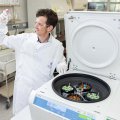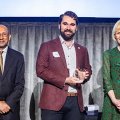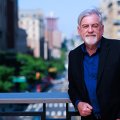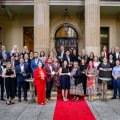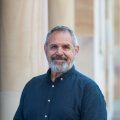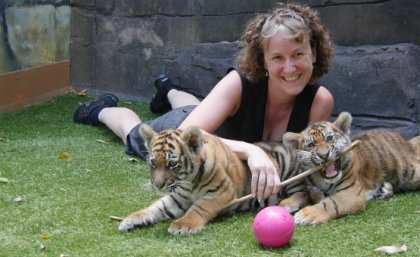
University of Queensland staff, students and alumni are among 30 women selected as Science & Technology Australia’s first Superstars of STEM.
Science & Technology Australia president-elect Professor Emma Johnston said the program was established to highlight women scientists and technologists.
“Often when you ask someone to picture or draw a scientist, they will immediately think of an old man with white hair and a lab coat,” Professor Johnston said.
“We want Australian girls to realise that there are some amazing, capable and impressive women working as scientists and technologists too, and that they work in and out of the lab in places you might not expect.
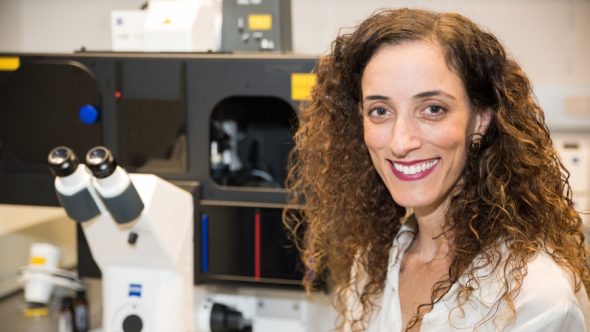 “Science and technology have made our lives longer, happier, healthier and more connected – and with more girls considering STEM careers, we have the potential to achieve so much more.”
“Science and technology have made our lives longer, happier, healthier and more connected – and with more girls considering STEM careers, we have the potential to achieve so much more.”
The Superstars of STEM, announced today by Industry, Innovation and Science Minister Senator Arthur Sinodinos, include:
- UQ zoologist and postdoctoral research fellow Dr Tamara Keeley, who specialises in endocrinology, reproductive biology and wildlife conservation.
- Dr Lilach Avitan, a computational neuroscientist with UQ’s Queensland Brain Institute, who investigates how brains process information.
- UQ Masters of Business Administration student Dr Sue Keay, who is chief operating officer of the Australian Centre for Robotic Vision, an ARC Centre of Excellence that brings together robotics and computer vision, and has more than 100 researchers across Australian and international research institutions.
- Dr Amy Heffernan, an analytical chemist and early career researcher at Melbourne’s Florey Institute of Neuroscience and Mental Health, who received her PhD in Environmental Chemistry from UQ in 2014.
Professor Johnston said more than 300 applicants had vied for a Superstar spot.
The superstars will undertake training and development in social and mainstream media and public speaking to help equip them to portray science, technology, engineering and mathematics (STEM).
“Participants are working in archaeology, robotics, medicine, cider research, pregnancy health, education, psychology and so much more,” Professor Johnston said.
“We have forensic scientists, biologists, mathematicians, agricultural scientists, neuroscientists, engineers, cancer researchers, ecologists, computer scientists, and chemists – just to name a few.”
“We will be working to make sure you’ll be seeing many more women on your TV screens, hearing them on your radios, and reading about them online.”
The program includes a mentoring component, designed to link participants with inspiring women in who can provide insights into leadership in their field.
Participants will share their stories at local high schools with the aim of connecting with young women with an interest in STEM.
Media: communications@uq.edu.au, +61 7 3346 7086; Dion Pretorius, dion.pretorius@sta.org.au.

